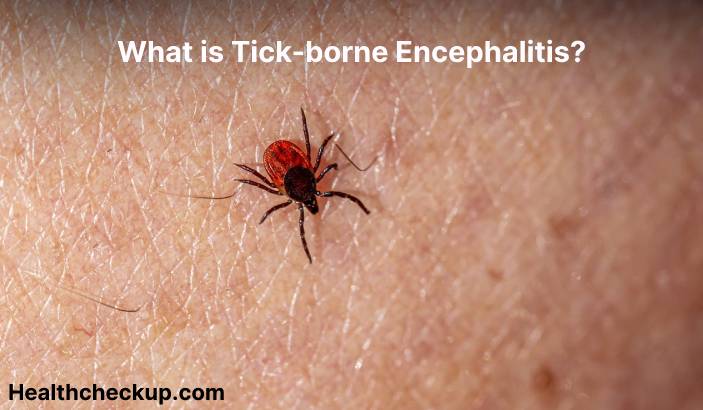Tick-borne encephalitis (TBE) is a viral infection that is transmitted through the bite of an infected tick. TBE is caused by the tick-borne encephalitis virus, and it is most commonly found in Europe and Asia, although it has also been reported in other parts of the world. TBE is most commonly transmitted by ticks in the spring and summer months, and it can cause inflammation of the brain and spinal cord (encephalitis and meningitis).
Symptoms of TBE may include:
- Headache
- Fatigue
- Nausea and vomiting
- Stiff neck
- Rash
- Seizures
- Confusion
In severe cases, TBE can lead to serious complications, such as coma and paralysis. TBE is fatal in about 1-5% of cases.
Diagnosis of Tick borne encephalitis (TBE) is typically based on the presence of symptoms and a history of tick exposure. It may also involve laboratory tests to confirm the presence of the virus.
There is no specific treatment for Tick borne encephalitis (TBE), and treatment typically involves supportive care to manage symptoms and prevent complications. This may include medications to control fever and pain, fluids to prevent dehydration, and oxygen therapy to support breathing. Hospitalization is often necessary to provide treatment and to monitor for complications.
TBE can be prevented through vaccination with the TBE vaccine. The TBE vaccine is recommended for people who are at high risk of exposure to ticks, such as those who live in or travel to areas where TBE is prevalent. It is also important to use insect repellents, wear protective clothing, and perform tick checks after spending time outdoors to help prevent tick bites. If you are experiencing symptoms of TBE or have been exposed to ticks, it is important to seek medical attention as soon as possible. Follow the recommendations of your healthcare provider and public health officials to help protect yourself and others from TBE.









